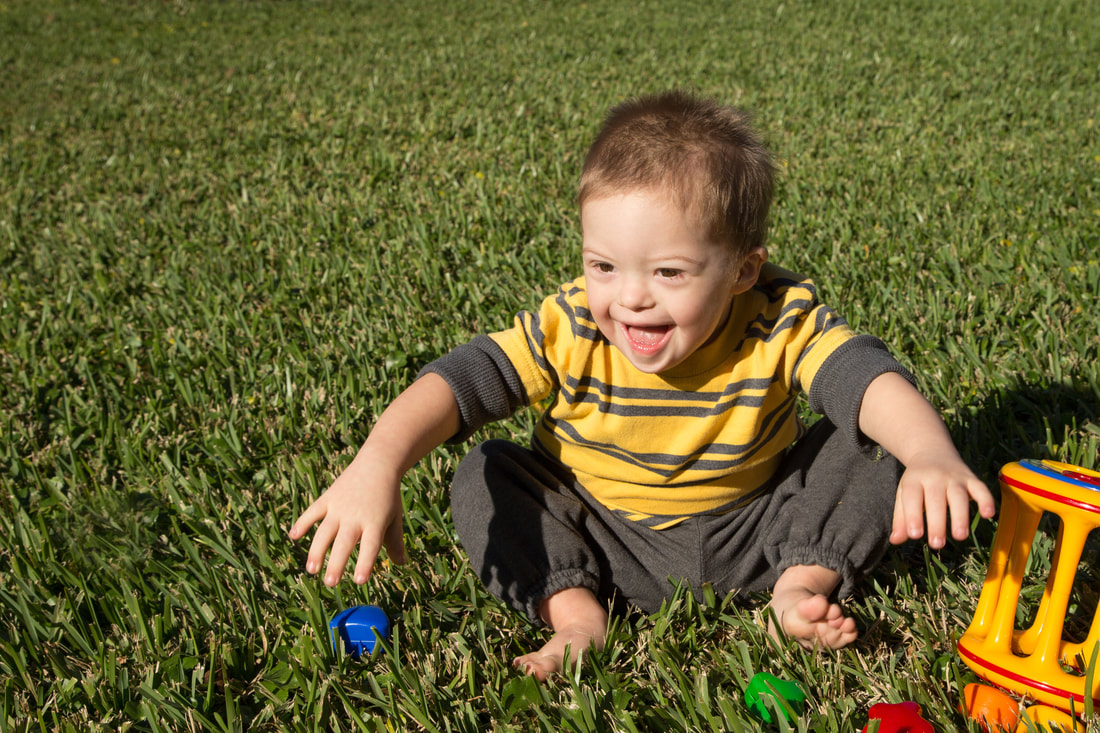The Americans with Disabilities Act |
Page 22 |
|
(ADA) protects individuals with disabilities and requires that every effort be made to reasonably accommodate disabilities. Early childhood programs are expected to modify their basic policies, practices and procedures to make reasonable accommodation to include children with disabilities in their programs.
In most cases, such accommodation is compatible with a safe and healthy environment from which all the children in the early childhood program can benefit.
|
Educators must offer services in the most natural setting appropriate to the needs of the individual.
In addition to making physical changes such as installing ramps, wide doors and restrooms that can accommodate children in wheel chairs, you may need to provide for a child's special physical, emotional or psychological needs. Other special needs may include assistance in feeding, following special dietary requirements, giving medicines and/or performing medical procedures, and ensuring that special equipment is functional or is used properly. There is help available through many different programs to assist providers in properly caring for children with special needs.
Before you admit a child with developmental disabilities, make sure that you can comfortably answer the following questions:
- Does the child's disability require more care than you are reasonably able to provide?
- Do you have the skills and abilities needed to perform medical or other duties required for the child's care, or can you readily acquire those skills?
- Is your early childhood program equipped to meet the health and safety needs of this child?
- Is the extra time you will need to devote to taking care of this child more than you can handle without putting the other children in your care at increased risk for illness or injury, or without causing you to neglect their needs?
The Americans with Disabilities Act requires that as a early childhood professional, responsible for all the children in your care, you should ensure that the extra demands on your time to care for a child with special needs are supported with additional resources, including help from experts. You should work with the child's parents and health care professionals to make sure that you have the support you need.
Many early childhood professionals are concerned that certain infections acquired before or around the time of birth (e.g., rubella, CMV, herpes simplex, hepatitis, and AIDS) may persist and be spread to other children or staff members. In some cases, these congenital infections pose a very small risk to others, and with proper precautions, affected children may safely participate in most early childhood programs. In other cases, special precautions are warranted.



